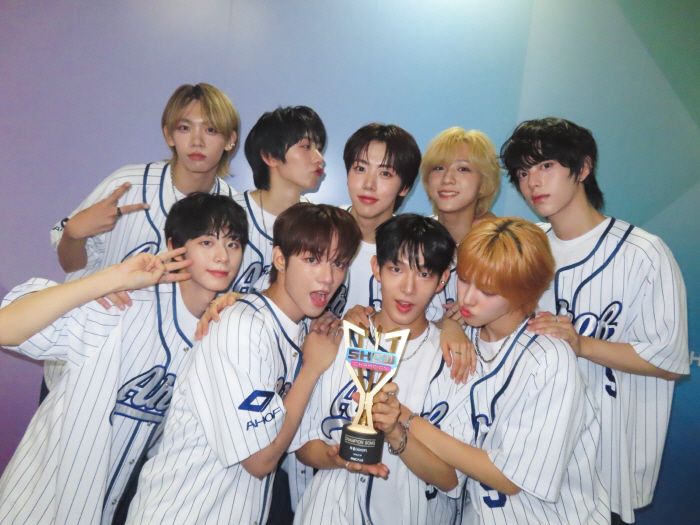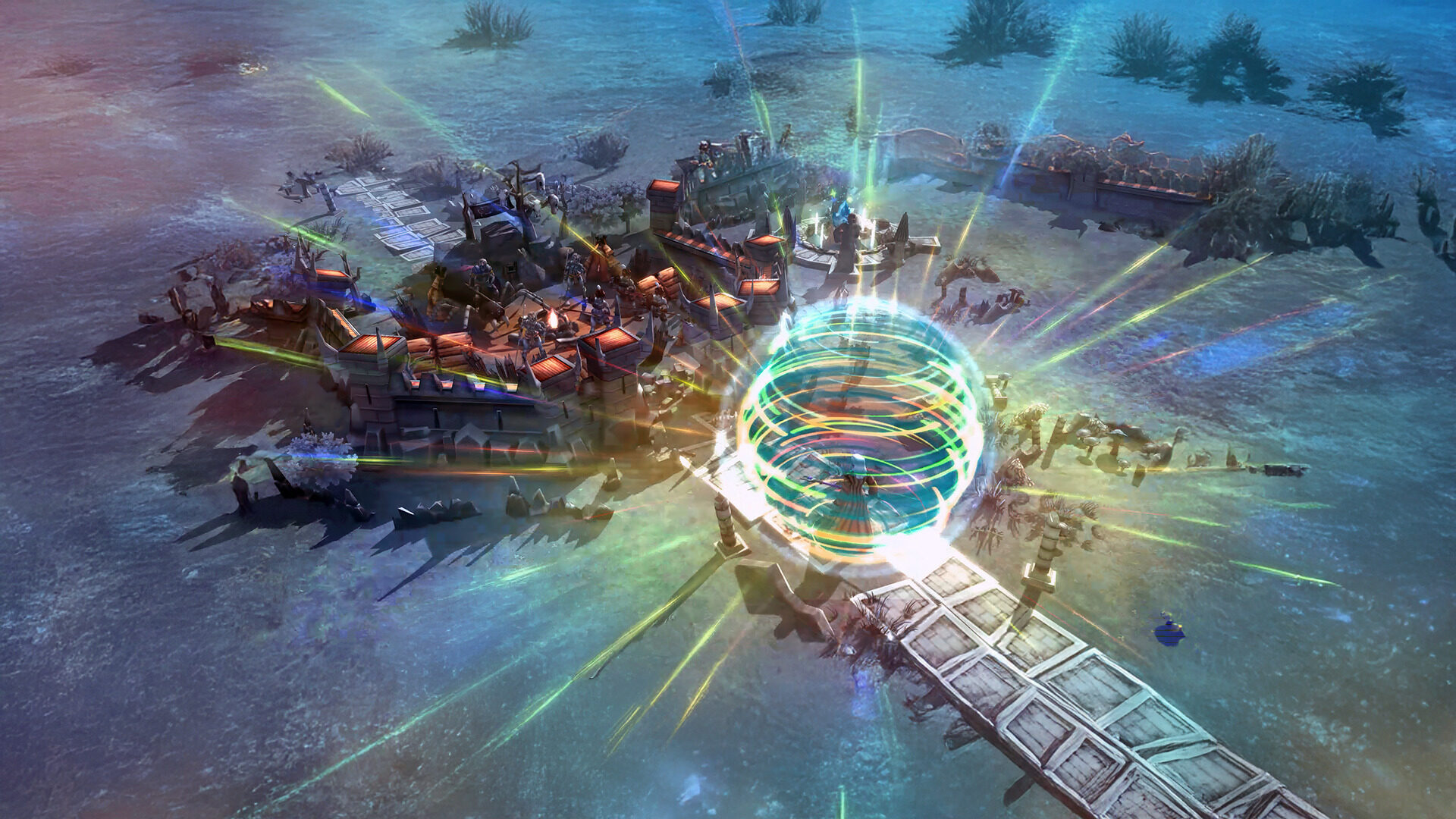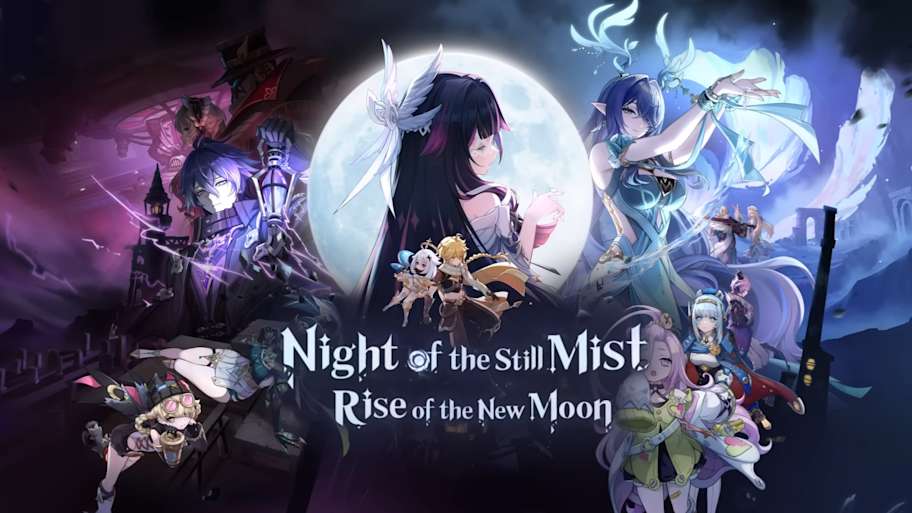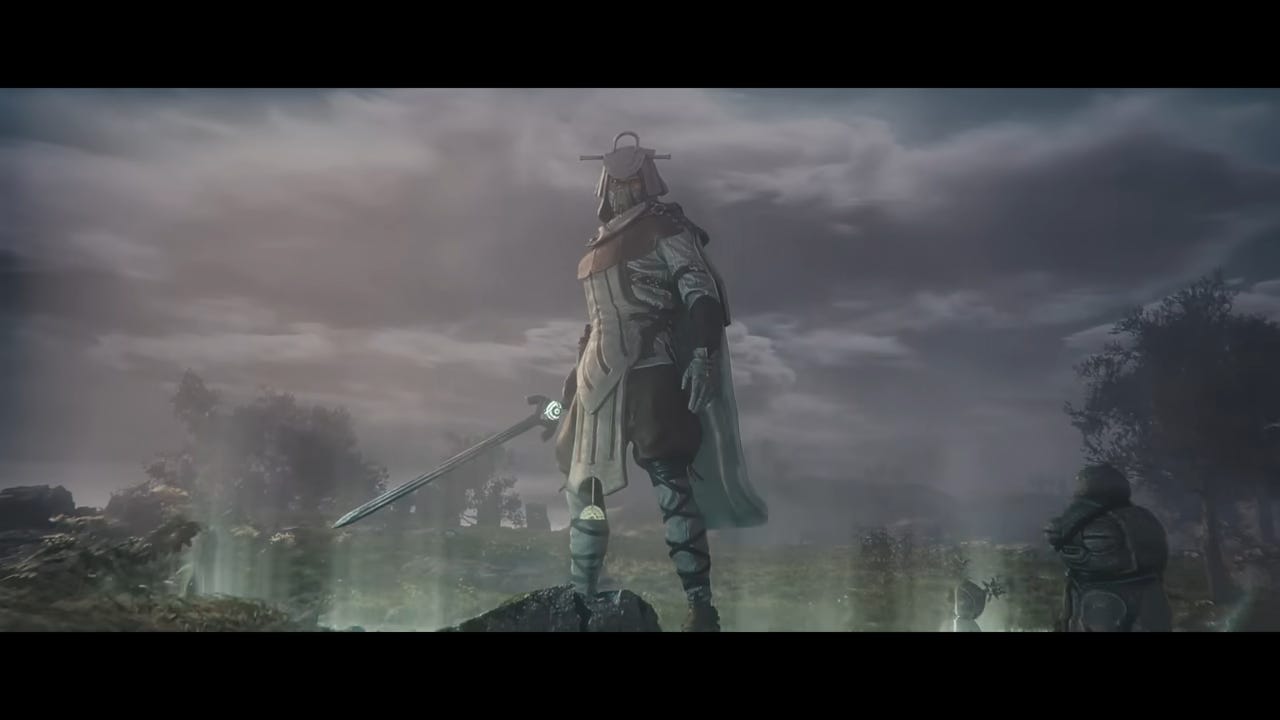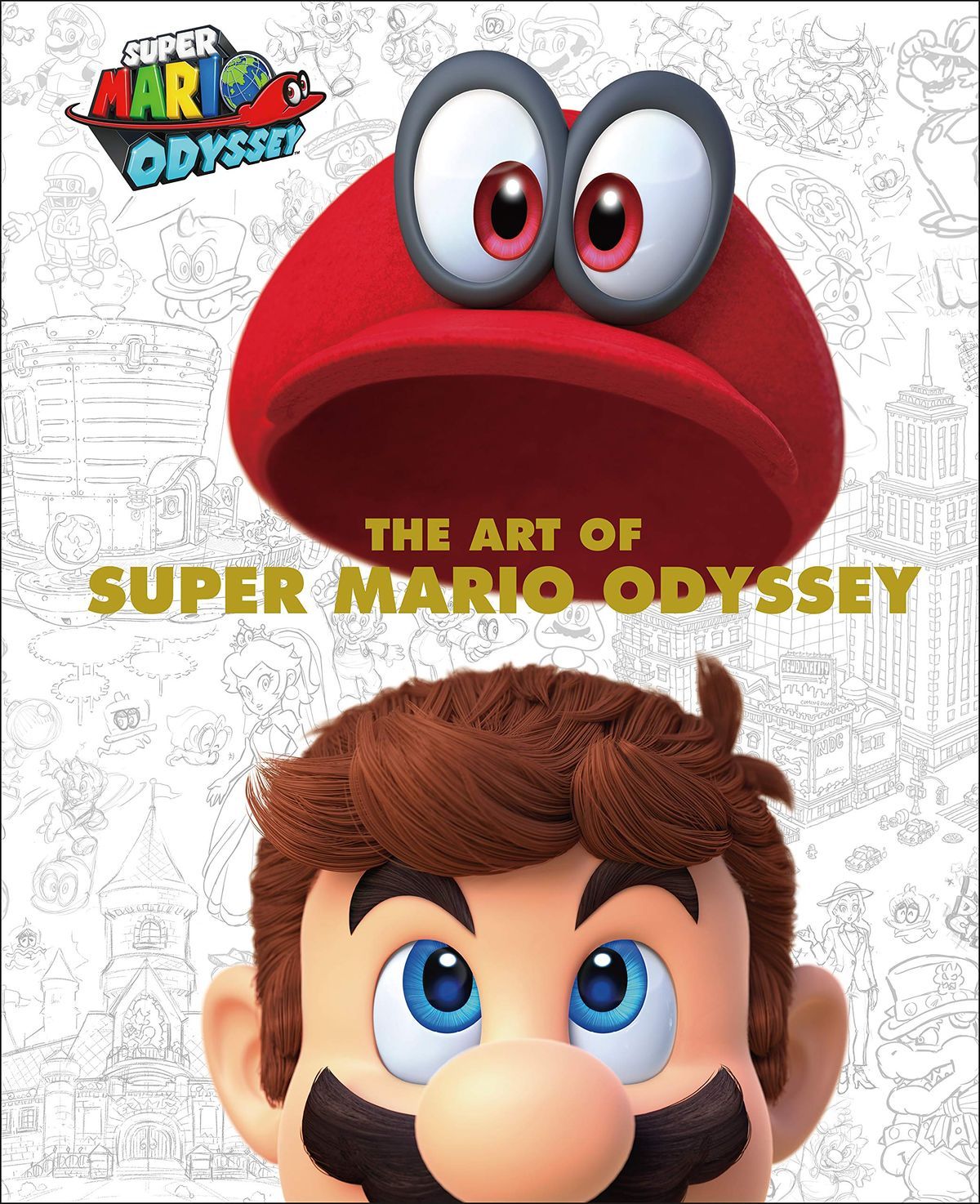
The Joy of In-Game Humor
When you're deep in a virtual adventure, your fingers dancing across the controls in rhythm, have you ever stumbled upon an achievement that feels like a playful jab from the game developers? It's not uncommon for players to pause, chuckle, and wonder, “Did they really just make fun of me?” The answer is often yes, and many players find this kind of humor endearing.
Unlocking In-Game Humor
There’s something particularly charming when game designers infuse their games with humor, especially at the player's expense. This kind of humor suggests a mutual understanding between the developer and the player, highlighting the shared experience of gaming. For example, in "Rise of the Tomb Raider," there's an achievement titled “Was that really necessary?” which players earn by using an explosive to kill an animal. Many players relate to this after moments of overkill during intense gameplay.
Similarly, the platinum medal in "Undertale" features the message, “Don’t you have anything better to do?” This lighthearted comment acknowledges the dedication or obsession some players have towards completing a game. Such achievements foster a sense of community, reminding players that the creators are also gamers who understand the quirks and excesses of the gaming culture.
Why In-Game Jokes Matter
Why do these humorous achievements resonate so well with players? Perhaps it's a subtle reminder that games are meant to be enjoyable. They offer a space where absurdity is celebrated, and players can escape the seriousness of real life. When a game winks at you, it turns what might seem like silly behavior into a badge of honor, much like a shared inside joke among friends.
These jokes also reflect the creativity and attentiveness of developers. Crafting a game involves significant time and effort, and when developers add humor, it shows they want players to have a memorable experience, not just a product. By acknowledging players' behaviors, feelings, and surroundings, they create a more engaging and personal connection.
Self-Referential Humor and Meta-Commentary
Many of these humorous elements involve self-referential humor, offering meta-commentary on gaming itself. Developers can break the fourth wall without breaking immersion, making the humor feel spontaneous and impactful. A clever aside can catch players off guard and add a personal touch to otherwise serious narratives.
In addition, some humor comes from developers laughing along with players. For instance, CD Projekt Red's CEO jokingly responded to Ubisoft's game title "Skull and Bones" by saying their games would be "AAAAAA." This light-hearted moment highlights the industry's self-awareness and the occasional absurdity of video game promotions.
Building Connections Between Developers and Gamers
These lighthearted elements enhance the appeal and charm of games, creating a bond between players and the game itself. They reinforce the idea that while we're all on heroic adventures, we're also here to enjoy ourselves. The next time an achievement seems to mock you, take a moment to smile back—it's all part of the fun.
The joy of game development extends beyond just the final product. Designing games is an art form that allows passionate individuals to turn their ideas into interactive experiences. From concept creation to level planning and balance, the process offers a range of delights. Even tedious tasks like font optimization and documentation contribute to the final product that can bring joy to millions.
However, the experience can vary depending on the project and studio. Crunch time may be exciting initially but can become grueling. The type of game, platform, business model, and project stage all influence the enjoyment a designer may have. Working on a genre or title that doesn't resonate can be challenging, but when everything comes together, it can be incredibly rewarding.
Team Dynamics and Studio Culture
The enjoyment of game design is also influenced by team dynamics and studio culture. Finding a group of coworkers who share a good rapport and can exchange memes and GIFs long after a project ends can make a big difference. People are as important as the projects themselves.
One game designer recalled how, during long strategy meetings, an executive at Disney Interactive reminded the team that they weren't curing cancer—they were working on an internet game about farting cartoons. This lighthearted reminder helped keep things in perspective, especially in a competitive field.
Whether it's the satisfaction of seeing someone love something you helped build or the stress of meeting financial targets, the field combines the ephemeral nature of digital works with real-world fulfillment. It's about making a difference in players’ lives, even if it's just through a funny in-game joke.
The Power of Comedy in Games
What makes gaming humor so effective? If treated as an art form, it goes beyond a few witty achievements. It creates an atmosphere where players are participants in a light-hearted conversation, sharing inside jokes. Well-crafted humor can elevate a game from entertaining to truly memorable, though it requires careful balancing.
Valve’s "Portal" is a prime example, with its iconic meme “the cake is a lie.” This darkly comical phrase became a cultural staple, showing how efficient comedy can be in games. The game's self-aware, subversive storytelling added another layer of depth.
Comedy isn't limited to dialogue or achievements; it can also be embedded in game mechanics. "Goat Simulator" parodies the simulation genre by turning an innocuous goat into a source of chaos. The humor stems from the absurdity of the situations it throws at players.
Another aspect of gaming humor is its ability to comment on the business or culture of gaming. "The Stanley Parable" offers a satirical look at the illusion of choice in video games, providing both entertainment and intellectual critique.
For many developers, humor serves as a coping mechanism in the high-pressure environment of game development. Light-hearted jokes on social media or hidden Easter eggs in games remind everyone that behind every game is a team of passionate individuals.
Balancing Humor and Respect
While humor can be a powerful tool, it's essential to tread carefully. What one player finds funny, another may find offensive or tedious. Developers must understand their audience and be open to feedback. The goal is to create a shared experience, where players can smile and wink at the absurdity of gaming.
So, the next time a funny moment in a game catches your attention, take a moment to appreciate the craft. It means the developers are committed to making the experience enjoyable in every way possible, not just as a game.
